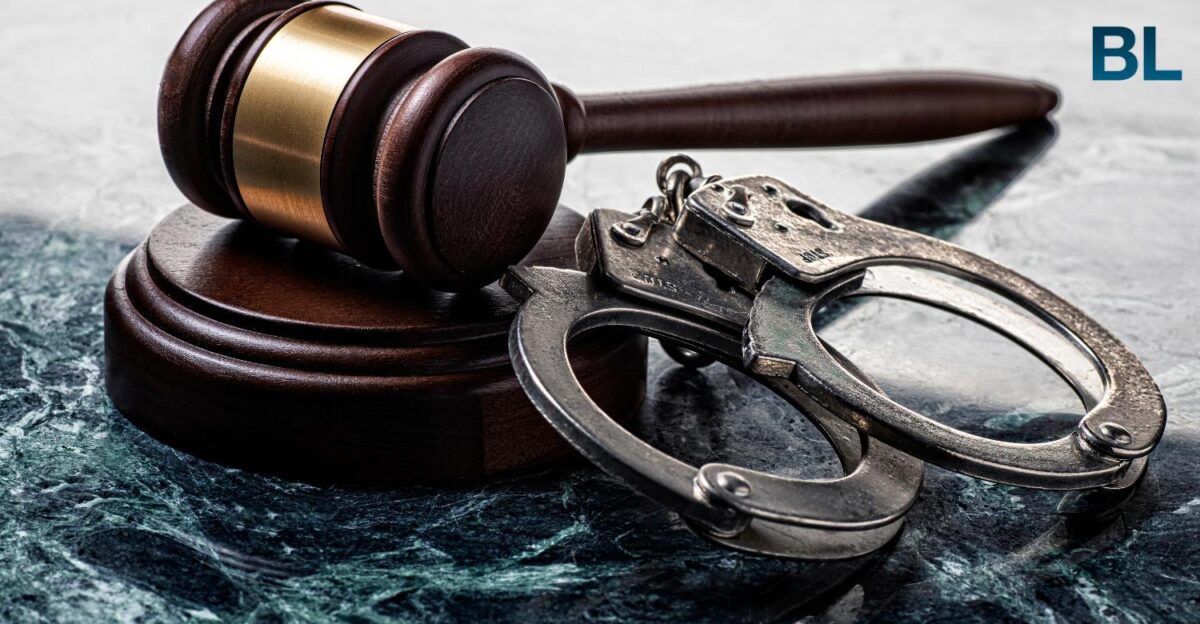The United States Justice Department’s Anti-Violence Strategy implemented three-strike laws so that habitual offenders would receive a harsher punishment. Florida is one of the 28 states that has adopted this habitual offender law.
If you have two prior felony convictions and face a third conviction, don’t face it alone. The Florida three-strikes law does not have to be an immediate sentence. At Buda Law, Tampa criminal defense attorney Andrew Buda is familiar with handling cases on both sides of the courtroom. As a former prosecutor, he knows what his clients are up against.

What is Florida’s Three Strikes Law?
Florida enacted the three strikes law in July of 1999 as a way to target career criminals so that on their third felony offense, “they’re out.” This means that by the third conviction, violent offenders will receive maximum prison sentences. The three strikes law was created to deter habitual offenders from committing any additional crimes.
When a habitual offender is charged with a third felony conviction, the judge must assign minimum mandatory sentences. These sentences range from five years to life in prison. The crime’s severity will determine the length of the prison sentence. For example, the mandatory minimum sentence for a first-degree felony is 30 years.

Florida Statute 775.087
Florida Statute 775.087 is also referred to as the 10-20 Life law. This statute requires judges to order minimum mandatory sentences of 10 years, 20 years, or 25 years to life for certain felony convictions that involve the use or attempted use of a firearm or other destructive device.
Under the three strikes law, the judge must impose the following sentencing:
- 10 years prison sentence for anyone convicted of committing a violent felony crime while armed with a firearm or other destructive device
- 20 years prison sentence if the firearm was discharged
- 25 years to life imprisonment if the firearm was discharged and resulted in the injury or death of another

Florida Three Strike Crimes
According to the three strike law, judges must impose mandatory minimum sentences for certain crimes, regardless of whether a weapon was used. Listed below are some crimes that are subject to Florida’s three strike law.
- Murder
- Robbery
- Burglary
- Sexual Battery
- Arson
- Assault
- Aggravated Battery
- Kidnapping
- Home Invasion
For felony offenders to be subjected to Florida’s three strikes law sentencing, they must be considered habitual offenders and meet the following criteria:
- Convicted of two or more violent felonies
- The violent felony convictions must be two separate occasions
- Currently facing charges for a violent felony
- The current crime must have occurred within five years of serving time for the previous violent felony conviction
- They have not been pardoned for a past violent felony
Once the above criteria have been met, the judge imposes minimum mandatory sentences according to the three strikes law.

Protect Your Rights and Your Record with Help from Tampa Criminal Defense Attorney Andrew Buda
If you’ve been charged with a third strike, you don’t have to give up. With Buda Law, your prior felonies don’t have to mean a mandatory sentence. Attorney Andrew Buda will investigate the charges and provide you with a well-crafted defense that will stand up against whatever the prosecution has in store. The Buda Law legal team will do whatever it takes to avoid a maximum sentence. Call our office at (813) 352-2217 or contact us online to schedule a free consultation today.
